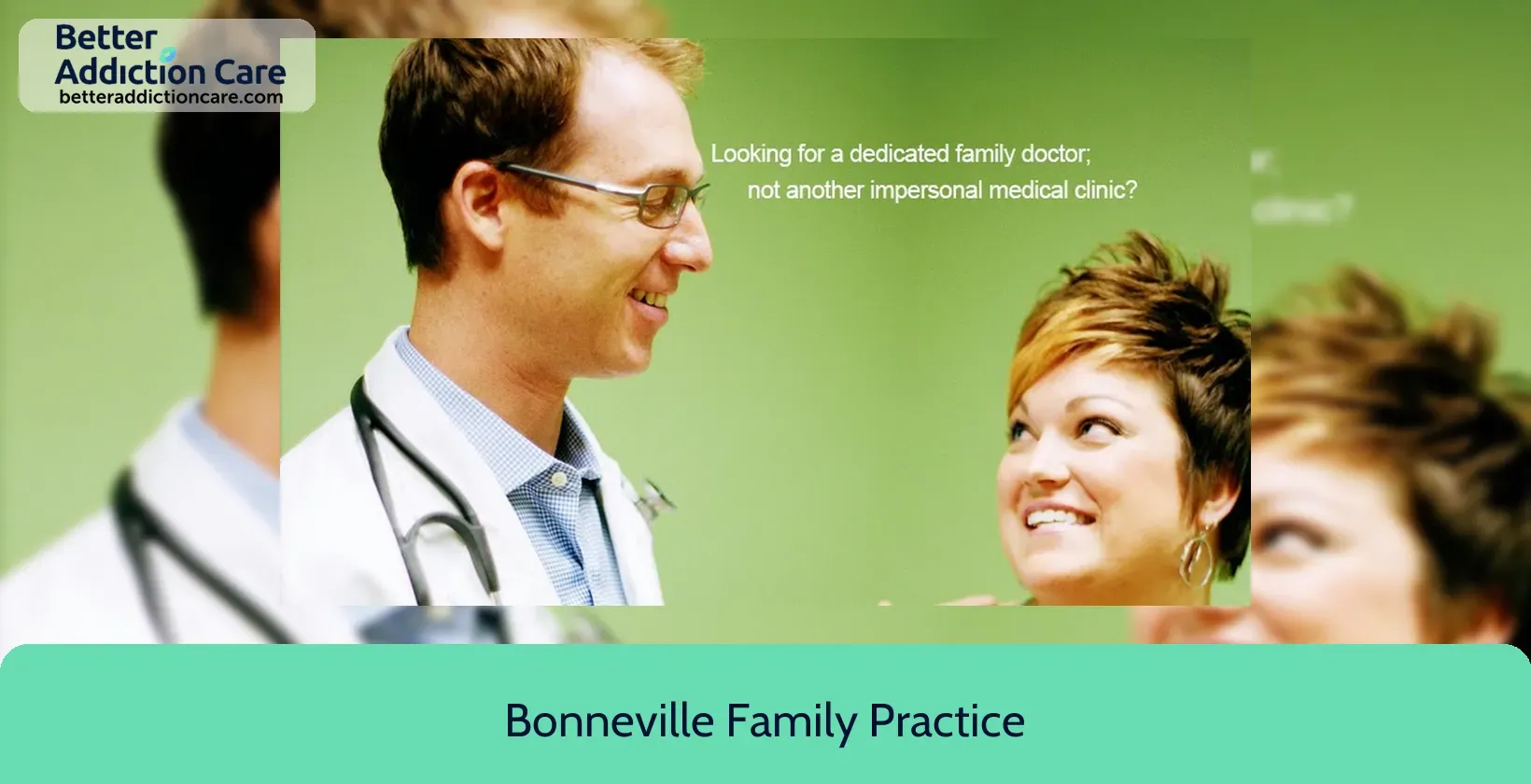Live for Life Cypress

Overview
Live for Life Cypress is a mental health treatment center for people seeking treatment near Tooele County. As part of their treatment modalities for recovery, Live for Life Cypress provides couples/family therapy, group counseling, and cognitive behavioral therapy during treatment. Live for Life Cypress is located in Tooele, Utah, accepting medicaid for treatment.
Live for Life Cypress at a Glance
Payment Options
- Medicaid
- State welfare or child and family services funds
- State corrections or juvenile justice funds
- Cash or self-payment
Assessments
- Comprehensive mental health assessment
- Comprehensive substance use assessment
Age Groups
- Children/adolescents
- Young adults
Ancillary Services
- Case management service
- Court-ordered outpatient treatment
- Family psychoeducation
- Psychosocial rehabilitation services
- Suicide prevention services
Highlights About Live for Life Cypress
6.65/10
With an overall rating of 6.65/10, this facility has following balanced range of services. Alcohol Rehabilitation: 8.00/10, Drug Rehab and Detox: 6.00/10, Insurance and Payments: 6.00/10, Treatment Options: 6.61/10.-
Alcohol Rehabilitation 8.00
-
Treatment Options 6.61
-
Drug Rehab and Detox 6.00
-
Insurance and Payments 6.00
Treatment At Live for Life Cypress
Treatment Conditions
- Mental health treatment
- Substance use treatment
- Co-occurring Disorders
Care Levels
- Hospital inpatient treatment
- Outpatient
Treatment Modalities
- Couples/family therapy
- Group counseling
- Cognitive behavioral therapy
- Dialectical behavior therapy
- Activity therapy
Ancillary Services
Languages
- Sign language services for the deaf and hard of hearing
Special Programs
- Clients who have experienced trauma
- Children/adolescents with serious emotional disturbance (SED)
- Persons with post-traumatic stress disorder (PTSD)
- Persons 18 and older with serious mental illness (SMI)
Get Help Now
Common Questions About Live for Life Cypress
Contact Information
Other Facilities in Tooele

6.68

6.71

7.52
DISCLAIMER: The facility name, logo and brand are the property and registered trademarks of Bonneville Family Practice, and are being used for identification and informational purposes only. Use of these names, logos and brands shall not imply endorsement. BetterAddictionCare.com is not affiliated with or sponsored by Bonneville Family Practice.
